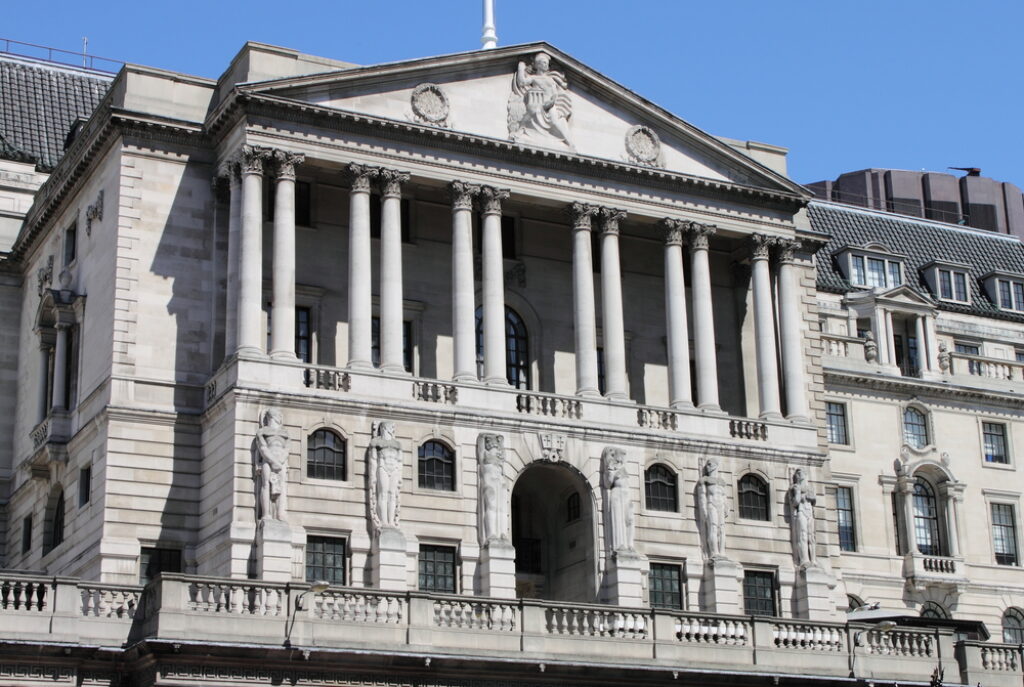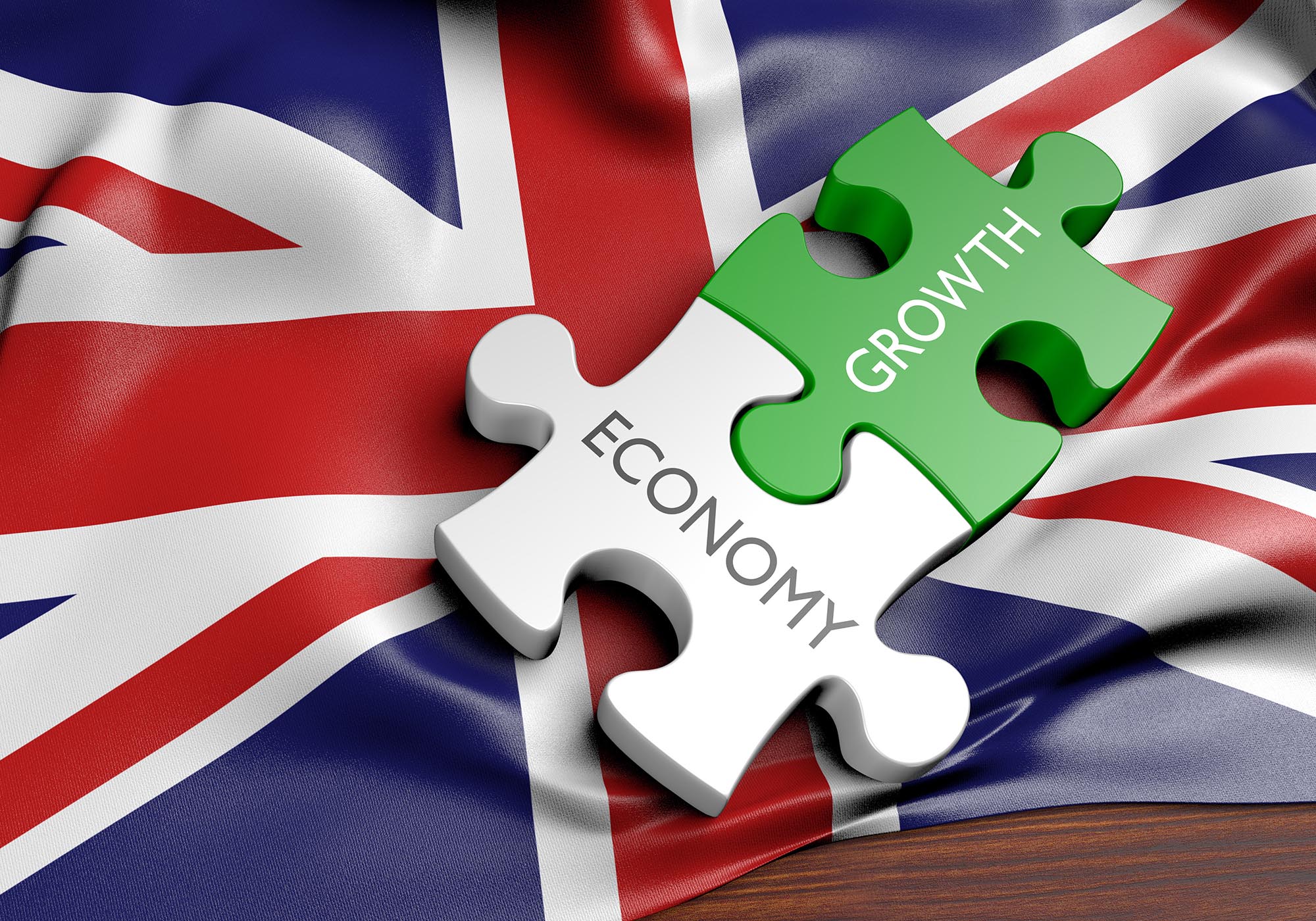The Bank of England’s Governor Andrew Bailey said getting inflation down to the bank's 2% target will be 'hard work'.
In an interview with website ChronicleLive during a visit to the North East, Bailey admitted most of the recent fall in inflation was due to energy costs coming down compared to last year.
The Bank of England’s Monetary Policy Committee kept the base rate on hold for a second consecutive meeting earlier this month after 14 increases in a row in a bid to tackle inflation which peaked above 11% just over a year ago. October’s inflation figure was 4.6%.
Speaking to ChronicleLive, Bailey said: “I recognise higher interest rates do have effects. They do have effects on mortgage costs, and they also have an effect on rental costs because they feed through. What I would say, to be honest, is that if we don’t get inflation down, it gets worse.
“I’ve very much used this analogy of a game of two halves. They’re not equal but a lot of what we’re seeing at the moment, including that inflation came down a bit over 2%, and that’s very good news, is the unwinding of these inflationary effects of these external shocks.
“I’ll make a distinction between the inflation effects and the cost-of-living effects because the cost-of-living effects are important but that’s the sort of price levels, and I recognise they’re still high. Inflation coming down stops them going higher. We’re going to see some more of that unwind effect but we’re not going to see another month, I’m afraid, where it’s going down 2% because of that. A lot of that’s on the Ofgem methodology on energy prices.”
Inflation under 4% by Q1 2024
Bailey predicted that by the end of Q1 2024, inflation will be “a bit under” 4% – but getting the figure down to 2% would have to be done by policy and monetary policy. He pointed out that policy is operating in “a restrictive way” at the moment, and is restricting the economy.
He added: “I’m very conscious of the position of the less well-off but we do have to get it down to 2% and that’s why I have pushed back of late against assumptions that we’re talking about cutting interest rates or we will be cutting interest in anything like the foreseeable future because it’s too soon to have that discussion.
“It does concern me that the supply side of the economy has slowed. It does concern me a lot. If you look at what I call the potential growth rates of the economy, there’s no doubt it’s lower than it has been in much of my working life.”





